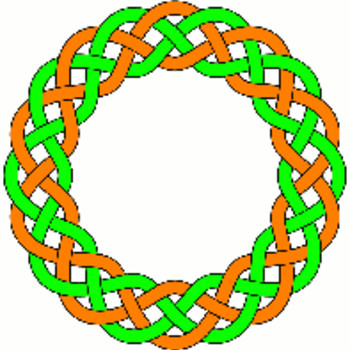How do you find the derivative of #xsqrt (1-x)#?
2 Answers
Explanation:
The expression is product of two functions in
Denoting these by
the first is
and the second is
The derivative of the expression is
The derivative of the first function is straightforward
The derivative of the second is trickier because it is a compound function. This requires the chain rule. The outer function is the square root function, and the inner function is the polynomial
writing the compound function as
That is, the derivative of the outer function evaluated at the inner function times the derivative of the inner function
It makes things simpler to rewrite
Evaluating the outer function is the straightforward application of the rules of polynomial differentiation applied to its index, that is
And the derivative of the inner function is
So the derivative of the compound function
Or, if you prefer, reverting to the square root notation and noting the negative index
So the overall derivative is
Explanation:
and,


